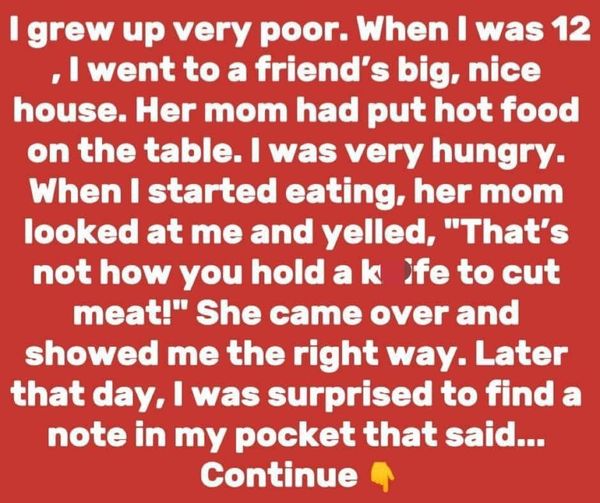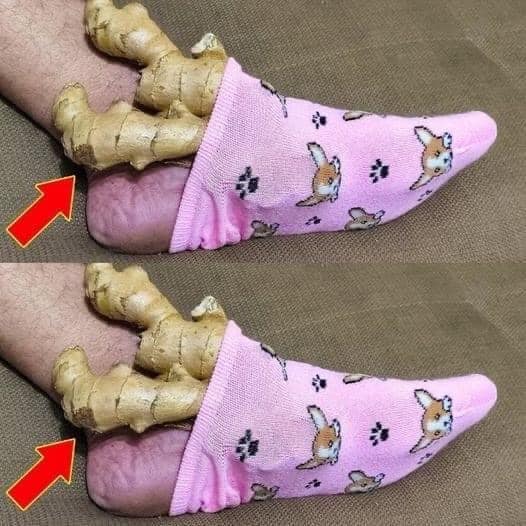Online Influencer Sparks Controversy For Saying She’s ‘Too Pretty’ To Work The Rest of Her Life

Lucy Welcher, a popular influencer with a massive online following, ignited a firestorm on social media with a recent TikTok post. The controversy? Welcher declared that she’s “too pretty” to hold a traditional job.

The Viral Video and Backlash Against The Influencer
The now-deleted video showcased Welcher, known for her luxurious lifestyle content, stating her aversion to working a typical nine-to-five job. She expressed frustration with the idea of waking up early every day and questioned if her good looks were compatible with the daily grind. This flippant remark struck a nerve with many viewers.

The influencer’s post was met with a wave of criticism. Commenters slammed Welcher for being shallow and entitled. They pointed out the importance of work ethic and the unrealistic expectation that beauty should exempt someone from contributing to society. One user sarcastically remarked on Welcher’s inflated sense of self-importance, while another highlighted the disconnect between appearance and work ethic.
I appreciate you guys for being so nice to me tho #greenscreen#ratingthings#starbucks
Faced with the backlash, Welcher attempted to quell the flames. She deleted the original video and posted a new one, claiming she was being unfairly targeted. Her response, laced with sarcasm, addressed rumors about her lifestyle depicted online. She denied reports of owning luxury cars, making exorbitant amounts of money, or living in a mansion.
A Second Take: Humor or Continued Controversy?
Days later, Welcher seemingly reveled in the attention by uploading a “remake” of the original video. This time, some viewers interpreted her statement as a joke, and the comments turned more positive. Supporters rallied behind the influencer, with some even playfully agreeing with the notion that beauty excuses one from work.
Remake of the most hated video I’ve ever made #SephoraGiveOrKeep #relatable #working #joke
This incident exposes the challenges of humor on social media. Welcher’s initial video, lacking context, landed poorly. The situation serves as a reminder of how easily messages can be misinterpreted online, highlighting the need for clear communication, even when attempting humor.
This content has, in part, been generated with the aid of an artificial intelligence language model. While we strive for accuracy and quality, please note that the information provided may not be entirely error-free or up-to-date. We recommend independently verifying the content and consulting with professionals for specific advice or information. We do not assume any responsibility or liability for the use or interpretation of this content.





